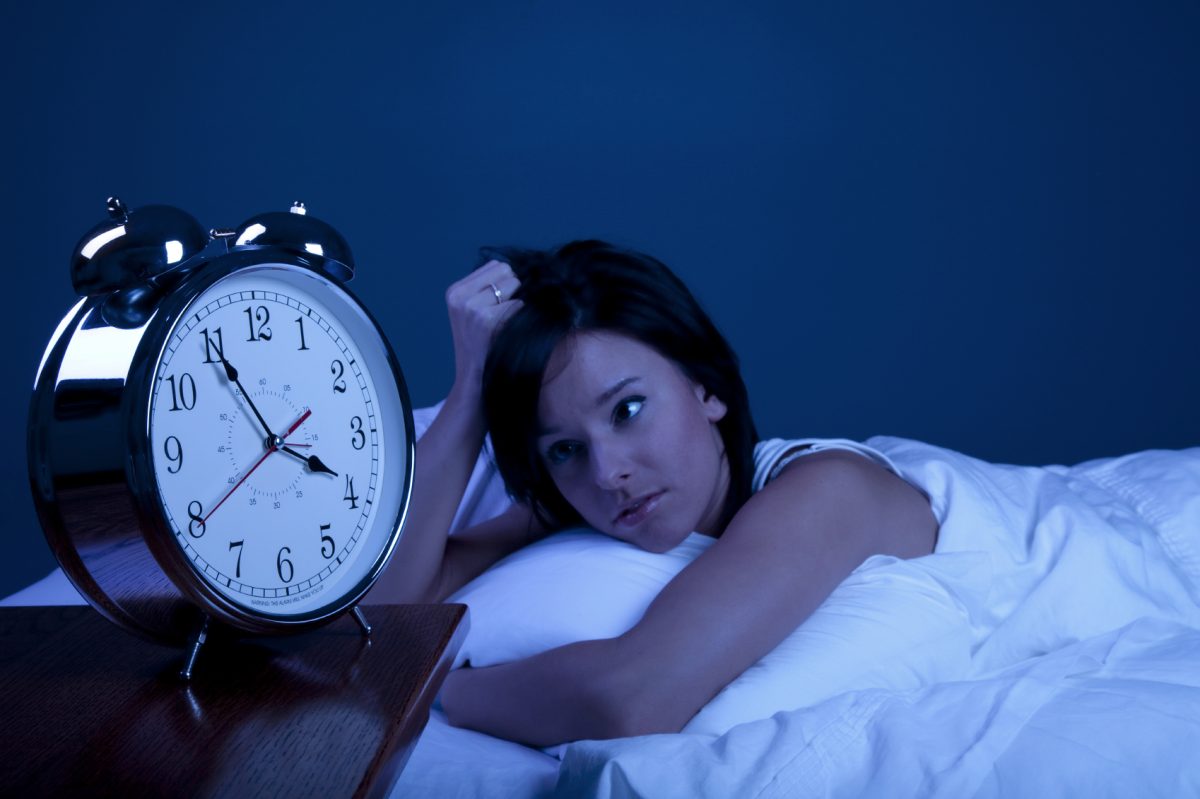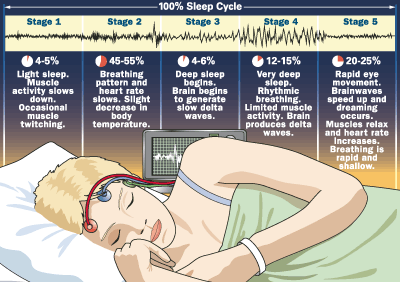Sleep only 2 hours a night
Do you find yourself sacrificing your sleep to study for an exam? Or maybe sacrificing sleep to hang out with your friends? Have you ever wished there were more hours in a day?
As college students, we experience the weirdest sleeping patterns. Most of these patterns leave us feeling groggy in the morning and exhausted by the afternoon.
Scientists have researched different sleep patterns and found that the body is capable of sleeping only two hours per day while still functioning like it slept eight. This occurs by adapting to unorthodox sleep cycle patterns called polyphasic sleep cycles. Most people follow a monophasic sleep cycle where they go to bed at night for eight hours and wake up the next morning. A polyphasic sleep cycle requires a person to take shorter naps at certain intervals throughout the day and night. The result is more productive hours during the 24 hour day. There are many different polyphasic sleep cycles, but the one I will discuss is the Uberman Sleep Cycle. The Uberman Sleep Cycle requires a person to take 20-30 minute naps during 4-hour intervals throughout the day – in other words, six 20-minute naps. The science behind this radical sleep schedule has to do with the different phases of sleep. There are four main stages every sleeping person goes through. They are
Transition to sleep (N1)
Light sleep (N2)
Deep sleep (N3)
Dream sleep (REM).
These four stages comprise a cycle, and each cycle lasts 90 minutes in a monophasic sleep cycle.
Dream sleep, scientifically known as REM sleep, is commonly regarded as the most critical portion of the sleeping cycle. This sleep stage is responsible for learning, processing, and consolidating everything a person learns throughout the day. This portion also replenishes vital chemicals including dopamine and serotonin.
How does a 20 minute nap dictated by the Uberman sleep cycle account for all of these phases? The science behind this cycle is that the transition phase of switching to this sleep pattern causes sleep deprivation symptoms which your body adapts to by condensing the aforementioned 90 minute sleep cycle into twenty minutes. Consequently, your body falls into REM sleep almost immediately. As a result, a person acclimated to the Uberman Sleep Cycle will still obtain enough REM sleep to function until the next nap.
In theory, this sounds fantastic, but there is a lot of debate surrounding this sleep pattern. On one hand, there are people who have successfully adjusted to the cycle and followed it for up to a year. These people suffered from no health issues, unordinary mental lapses, or compromise of focus. They simply enjoy an extra 91 days per year that monophasic sleepers miss out on.
However, most people who attempt the Uberman Sleep Schedule fail. The primary reason is due to the brutal, 1-week adjustment period upon switching sleep patterns. The biggest issue with the adjustment is that if a person inadvertently oversleeps any of his naps, he must restart. Another reason this sleep cycle isn’t maintained for long periods of time is because it is not congruent with the way most people sleep (7-9 hours at night). As a result, daytime naps become inconvenient and social activities are often interrupted by the much necessary nap schedule. Finally, although people have maintained exercise schedules with this sleep cycle, the lack of deep sleep a person’s body receives may affect his body’s ability to recover from physical exertion from the previous day.
Overall, the Uberman Sleep Cycle has varying results. Only your body can tell you whether or not you should try it. However, if you decide to switch to a polyphasic sleep cycle, I highly recommend doing more research on one you want to follow. Steve Pavlina’s 90 day blog on his experience is an excellent source (http://www.stevepavlina.com/blog/2005/10/polyphasic-sleep-log-day-1/) . Additionally, there is an entire community based on different sleep cycles at http://www.polyphasicsociety.com/.
by Pitambar Dayal




































Dmitry • Nov 5, 2013 at 7:22 pm
Hi, guys. I am a polyphasic sleeper for almost 2 years and I sleep 4,5 hours a day. Me and my friends made lots of experiments on this fied and we want to share our experience. We decided to create a mobile application that would be an essential guide to polyphasic sleep experience for everyone.
Check our website: http://www.smartsleepteam.com
We alredy have a functioning prototype that we use in our everyday life, but we need funds to finish it and launch to pruduction. So we created a company on kickstarter.
http://www.kickstarter.com/projects/222464008/smartsleep-first-application-for-polyphasic-sleepe
We apreciate any feedback, proposals and contributions. If you have any questions please contact us.